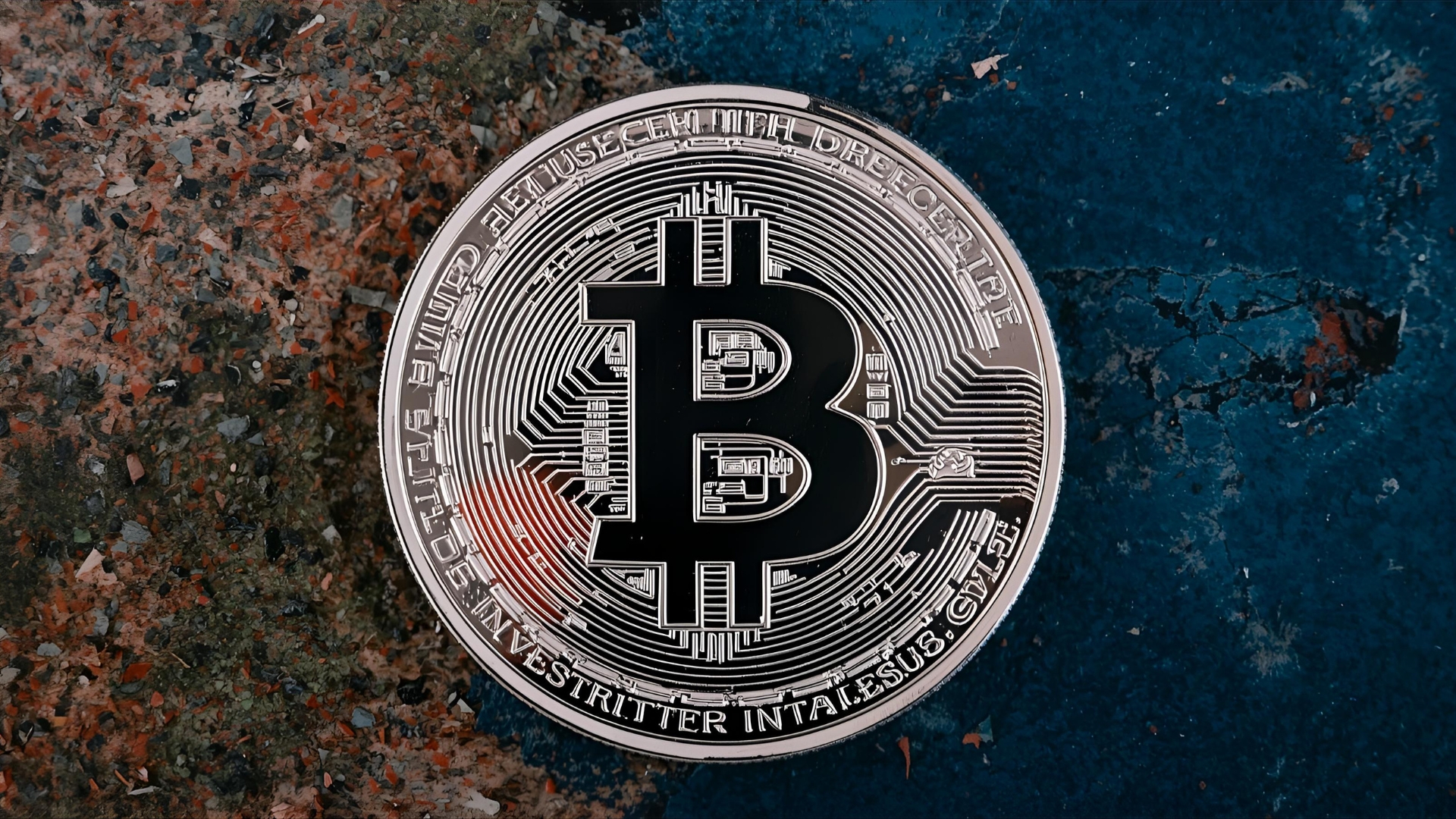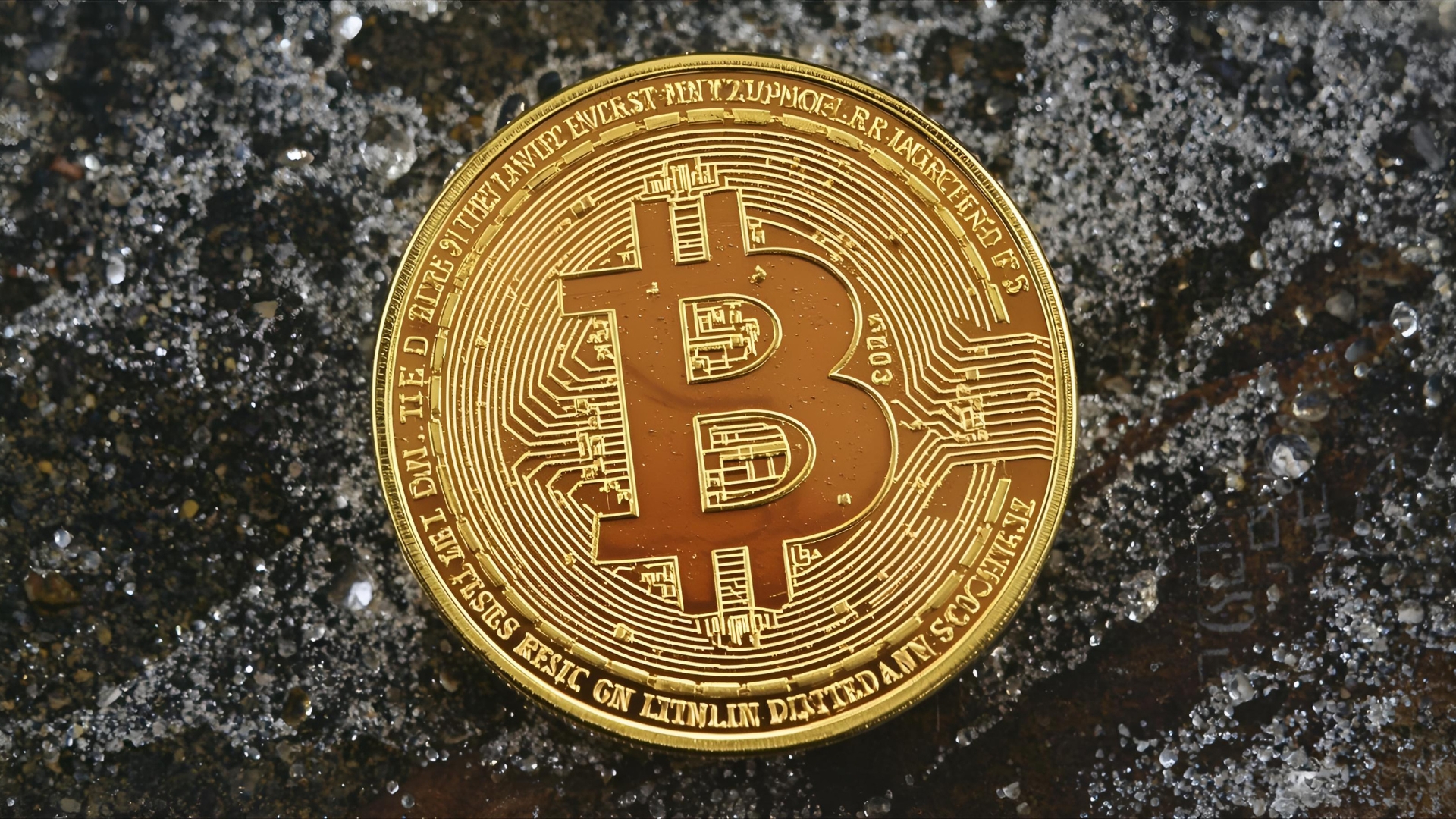In South Korea, the financial landscape is transforming. Retail investors, particularly those looking to purchase homes, are increasingly turning to high-risk investments, including altcoins, as a means to accumulate wealth for homeownership. This trend is not only a response to the country’s soaring real estate prices but also an indication of how the South Korean public is adapting to new financial opportunities. Bloomberg recently shed light on this growing phenomenon, where retail investors are betting on the volatile world of altcoins and other high-risk assets in an attempt to secure their dream homes.
In this article, we will explore why Korean retail investors are turning to such volatile investments, the impact of this trend on both the real estate market and the cryptocurrency space, and how these high-risk strategies may shape the financial future of South Korea.
The Rising Cost of Real Estate in South Korea
South Korea’s real estate market has been one of the most expensive in the world, especially in urban areas like Seoul. For decades, homeownership has been seen as a marker of success in South Korean society, and owning a home is an important cultural milestone. However, the steep rise in property prices over recent years has made it increasingly difficult for younger generations to enter the housing market.
The skyrocketing real estate prices have pushed many would-be homebuyers to seek alternative methods of funding their home purchases. For retail investors, this means exploring avenues outside traditional investments, such as stocks, bonds, and savings accounts. High-risk assets, including cryptocurrency, have emerged as a potentially lucrative (though dangerous) solution.
Why Altcoins? The Allure of High-Risk Investments

Altcoins, or alternative cryptocurrencies, refer to all cryptocurrencies except Bitcoin. These assets have gained significant attention in recent years, with many investors hoping to achieve high returns by betting on the price fluctuations of less-established coins. The volatility of altcoins makes them a risky investment, but it also opens the door to substantial profits, a compelling factor for retail investors.
The Promise of High Returns
One of the driving factors behind the growing interest in altcoins is the potential for rapid wealth generation. Many altcoins have experienced explosive growth over short periods. For example, coins like Ethereum, Binance Coin, and Solana have seen their prices increase drastically, even within a matter of weeks. For those who are willing to accept the risks, these types of returns are too tempting to ignore, especially when the alternative—stagnant wages and high property prices—seemingly offers no way to break into the housing market.
FOMO The Fear of Missing Out
The social aspect of cryptocurrency trading also plays a significant role in driving retail investors to altcoins. Social media platforms, forums, and YouTube channels dedicated to cryptocurrency have created a sense of urgency and excitement around these assets. Investors, especially younger individuals, are eager to join the “next big thing” and avoid missing out on potential gains. This collective mindset, coupled with the sense of being on the cutting edge of financial innovation, encourages many to take on risks they might otherwise avoid.
The Role of Technology and Accessibility
The rise of decentralized finance (DeFi) platforms, exchanges, and apps that facilitate easy access to altcoins has made it simpler for retail investors to participate in the cryptocurrency market. With just a smartphone and an internet connection, anyone can trade altcoins 24/7, contributing to the democratization of investment opportunities. These technological advancements have allowed Korean retail investors to engage with high-risk assets at a scale and frequency not seen before.
The Impact of Altcoin Investment on Homeownership
For many Koreans, homeownership is not just a personal goal, but a social imperative. However, as property prices continue to rise beyond reach, many are left with few viable options for achieving this dream. This is where the allure of high-risk investments like altcoins comes in. By trading in altcoins, some retail investors believe they can accumulate enough wealth to fund their home purchase.
The Gamble High-Risk Strategy to Build Wealth
The decision to invest in altcoins as a means of funding a home purchase is, in essence, a gamble. With the potential for high returns comes the possibility of substantial losses. The volatility of the cryptocurrency market means that prices can fluctuate wildly, often within hours or days. While some investors have struck gold, others have seen their investments wiped out in a matter of moments.
This high-risk strategy has created a financial environment where many are willing to risk it all in the hopes of achieving their homeownership goals. The fear of being locked out of the housing market forever has led many retail investors to take a “do-or-die” approach to their financial decisions.
Housing as an Investment A Changing Mindset
In South Korea, the notion of homeownership is increasingly intertwined with the concept of investment. As real estate prices soar, some individuals are no longer viewing their homes solely as places to live but as financial assets that must grow in value over time. This shift in perspective has led to the idea that the best way to afford a home is by investing in high-risk assets that might generate the necessary wealth.
While this trend may seem alarming to traditional investors, it reflects a larger global shift toward alternative investments. The desire to get in on the ground floor of emerging markets and new technologies has spurred many to take on riskier ventures, including cryptocurrency. In this context, altcoins serve as a potential vehicle for wealth creation in a market that has left many individuals behind.
The Risks and Rewards of Altcoin Investment

Investing in altcoins as a means to fund a home purchase is not without its risks. The cryptocurrency market is notoriously volatile, with altcoins often experiencing sharp rises and falls. While some have made significant profits, others have lost everything. This high-risk, high-reward environment requires investors to have a strong risk tolerance and an understanding of the market’s unpredictable nature.
Volatility and Market Uncertainty
The volatility of altcoins is one of the biggest concerns for investors. Unlike traditional assets like stocks or bonds, which are more regulated and generally less prone to extreme price fluctuations, cryptocurrencies can experience drastic swings in value over short periods. Investors who are relying on these fluctuations to generate wealth for homeownership are playing a dangerous game, as the market can change direction unexpectedly.
Moreover, the regulatory uncertainty surrounding cryptocurrencies adds another layer of risk. Governments around the world, including South Korea, have been increasing scrutiny of the cryptocurrency market. Any new regulations or legal actions could significantly impact the value of altcoins. This environment of unpredictability makes it difficult for retail investors to plan for the long term.
The Rewards Potential for High Returns
Despite the risks, the rewards of altcoin investment are undeniable for those who manage to time the market correctly. As mentioned earlier, certain altcoins have experienced rapid price increases, leading to significant profits for early adopters. Suppose an investor can identify a promising altcoin and hold onto it through periods of volatility. In that case, they may see returns that far exceed what they would have earned through traditional investment methods.
For Korean retail investors, the idea of turning a small investment into a down payment on a home is an attractive proposition. In a market where traditional savings accounts and stock investments often fail to keep up with inflation, altcoins represent a potentially more lucrative opportunity.
Conclusion
The trend of Korean retail investors turning to high-risk assets like altcoins to buy homes reflects a larger global shift toward alternative investment strategies. As real estate prices continue to soar and traditional financial instruments fail to meet the demands of homebuyers, high-risk assets like altcoins have become a popular alternative. While these investments offer the potential for high rewards, they also carry significant risks that should not be underestimated.
For many in South Korea, the desire to own a home is a powerful motivator, and the allure of altcoins as a path to homeownership is undeniable. However, as with any high-risk investment, investors must carefully weigh the potential benefits against the dangers of significant financial loss. Ultimately, this trend highlights the growing influence of cryptocurrency in shaping financial strategies and the future of investing in South Korea.
FAQs
Q: Why are Korean retail investors turning to altcoins for homeownership?
Korean retail investors are increasingly turning to altcoins due to the rising costs of real estate. Altcoins offer a potentially high-return investment opportunity that could help fund home purchases.
Q: What are altcoins, and why are they risky?
Altcoins are cryptocurrencies other than Bitcoin. They are considered high-risk because of their extreme price volatility and the uncertainty surrounding their long-term value.
Q: How has the rise in real estate prices in South Korea influenced investment trends?
Soaring property prices have made homeownership increasingly difficult for younger generations, leading many to seek alternative investment strategies like cryptocurrency to generate wealth.
Q: What are the potential rewards of investing in altcoins for homeownership?
The potential rewards include rapid financial growth, as some altcoins have seen significant price increases over short periods, offering the chance for high returns.
Q: What are the risks involved in using altcoins to fund a home purchase?
The risks include the volatility of the cryptocurrency market, regulatory uncertainty, and the potential for significant financial losses if the market moves unfavorably.

